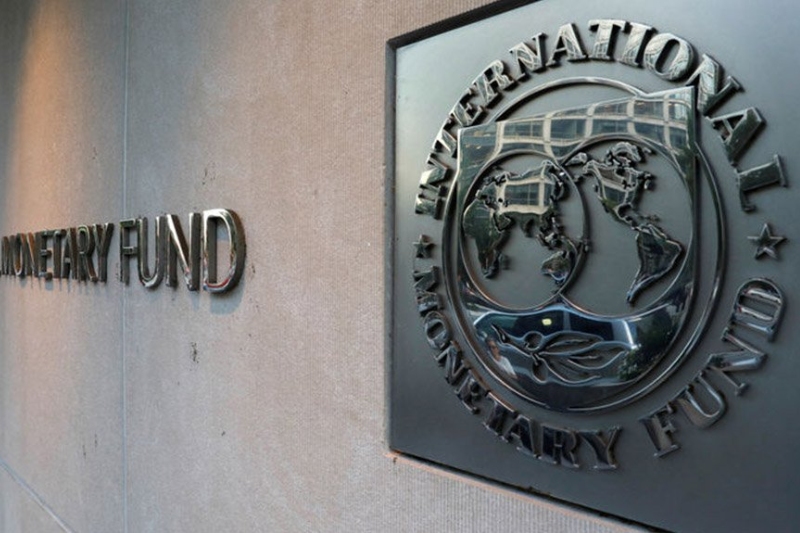Discussions continue; agreement is elusive.
The International Monetary Fund’s visit to Ethiopia concluded without any agreement regarding IMF support for the country’s economic programme. The IMF team noted significant progress, and they plan to continue discussions later this month in Washington. Ethiopia’s efforts to secure IMF backing remain crucial, especially in light of commitments made with official international creditors.
Deadline Looms for a Debt Suspension Agreement
The Paris Club of developed creditor nations had previously warned that failure to secure an IMF loan by March 31 could jeopardise Ethiopia’s debt payment suspension agreement, valid through 2025. However, it remains unclear whether Paris Club members will enforce this deadline. Ethiopia had earlier reached a separate debt-service suspension agreement with China in 2023, underscoring the complexity of its debt dynamics.
Economic challenges mount.
High inflation, a lack of hard currency, and increasing external debt repayments all contribute to Ethiopia’s continuing economic difficulties. The nation’s economy has been grappling with these issues since late 2022, following a deal between the federal government and a rebellious regional government to end a two-year armed conflict. The absence of an IMF programme since 2022 has further strained Ethiopia’s economic resilience.
Keep Reading
Debt Burden and External Obligations
Ethiopia’s external debt stood at $28.2 billion as of March, including a $1 billion international bond maturing in December 2024. Chinese lenders’ commitments, totaling more than $14 billion between 2006 and 2022, significantly shaped the country’s debt profile. Managing these obligations amidst ongoing economic challenges remains a pressing concern for Ethiopian authorities.
Uncertain Path Ahead
As Ethiopia navigates its economic challenges, the path forward remains uncertain. Securing IMF support is essential for stabilising the nation’s economy and meeting its commitments with international creditors. With discussions set to resume in Washington later this month, Ethiopia faces critical decisions that will shape its economic trajectory in the coming years.
Continued Engagement with the IMF Crucial.
Ethiopia’s engagement with the International Monetary Fund remains pivotal as it seeks to address its economic challenges and fulfil its commitments with official international creditors. The continuation of discussions in Washington later this month underscores the importance of finding viable solutions to support Ethiopia’s economic programme.
Navigating debt dynamics
The looming deadline for the debt suspension agreement highlights the urgency for Ethiopia to secure IMF assistance and mitigate risks to its debt sustainability. With significant external debt obligations and limited financial resources, Ethiopia faces complex debt dynamics that require careful management and strategic planning.
The path to economic recovery
As Ethiopia works towards economic recovery, it must address underlying structural issues, including inflation, currency shortages, and external debt burdens. The resolution of internal conflicts and the implementation of comprehensive economic reforms will be essential to fostering sustainable growth and stability.

